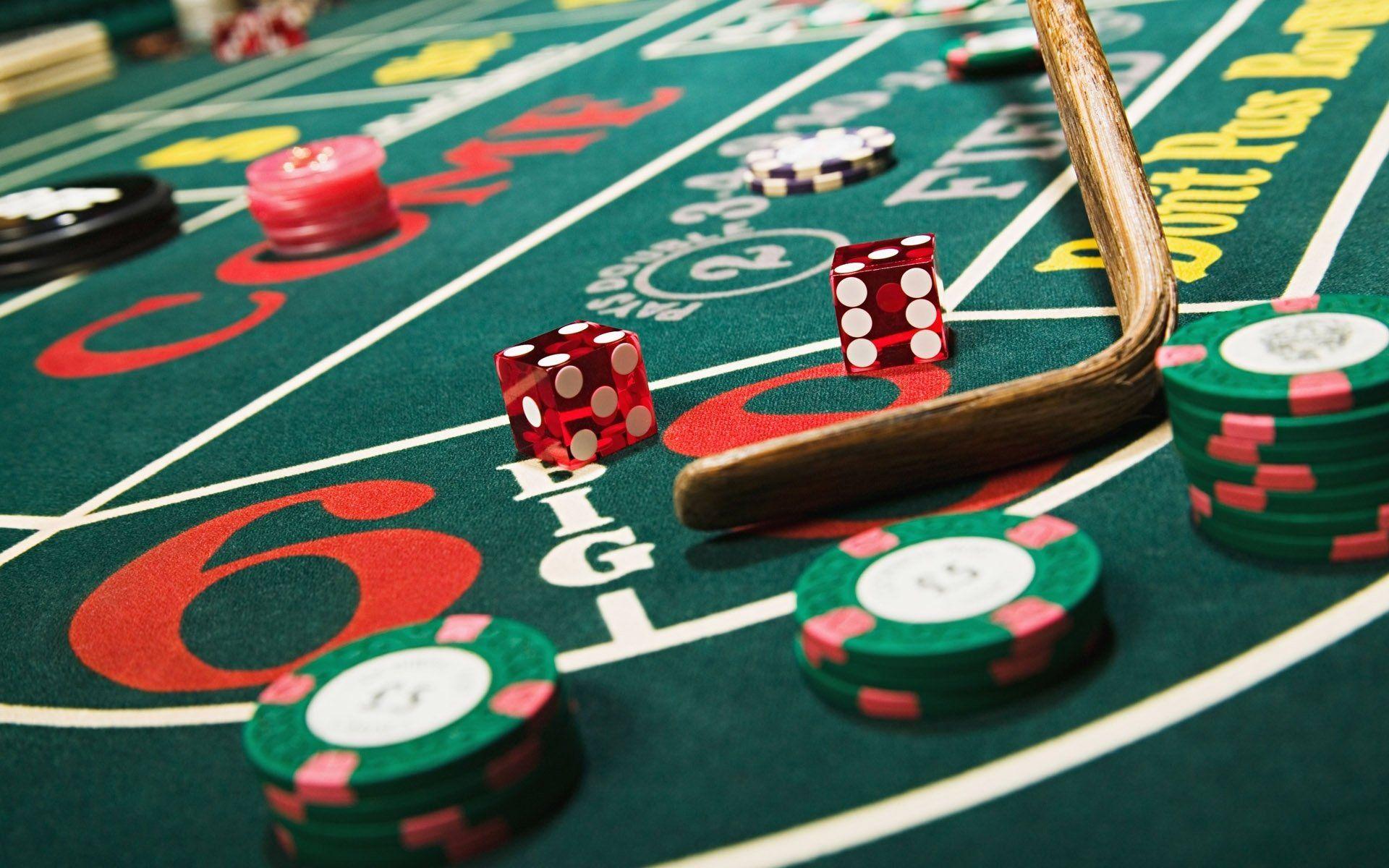Gambling games have been a well of amusement and excitement for numerous players around the globe. One of the key factors that renders these games captivating is the variety of playing cards used in different types of games. Understanding the different types of cards can enhance your experience and improve your gameplay approaches. Regardless of whether you are attracted to traditional card games like poker and blackjack or newer casino games, each game relies on a distinct set of cards that affects the regulations and the flow of play.
In casino settings, cards appear in various styles, each tailored to meet the needs of particular games. From standard decks to specialized card types, the diversity plays a crucial role in shaping the mechanics of each game. By acquainting yourself with these cards and their applications, you can gain deeper insights into the games and make better decisions at the table. This understanding not only enriches your gaming experience but also adds to a more sophisticated approach to your odds of success.
Types of Playing Cards

When it comes to casino games, the type of playing cards used can greatly impact the gameplay and tactics. The most common deck is the traditional 52-card deck, which consists of four suits: hearts. Each suit contains 13 ranks, from ace to King. This standard deck is essential in many games, such as poker, where players aim to form the best hand possible or approach 21 as they can.
Some casino games use unique decks specifically designed for the game itself. For instance, the popular game of baccarat often employs various decks combined, typically 6 or eight. This not only increases the complexity of the game but also affects betting strategies, as players must account for the higher number of cards in play. Additionally, certain games may bring in joker cards or wild cards, providing further variety and thrill to the gambling experience.
In niche games, custom decks may come into play. For instance, in games like bridge or pinochle, participants might use specific rules with different card values or functions. These variations keep the gameplay fresh and allow for varied strategies to emerge. Understanding the various types of playing cards and their particular uses in different casino games is key to enhancing one’s gambling experience and improving overall performance at the tables.
Deck Variations in Casino Activities
In gambling activities, the type of set of cards used can significantly affect both the gameplay and the strategies employed by players. Most classic playing card activities, such as 21 and five-card draw, typically utilize a standard 52-card pack. However, variations do exist where additional jokers or even several decks are utilized. For example, in blackjack, some gaming establishments may employ one to eight packs, which can change the odds and the fundamental strategy needed to play optimally. Players must be cognizant of the deck composition, as it affects the house edge.
Another frequent variation in casino card games is the utilization of themed or specialized packs. For example, some poker games might use a deck that features unique images or designs, which can enhance the atmosphere at the table. These custom packs often serve to distinguish between different play types or loyalty programs within the gaming establishment. While the traditional rules of the activity remain the same, the aesthetics can influence player engagement and satisfaction.
Lastly, the mixing methods employed with different types of packs can also impact gameplay. Gaming establishments often utilize automatic shufflers that can randomly shuffle multiple packs effectively, making hand counting more challenging. The rate and method of mixing can differ widely based on the game and the gaming establishment’s policies. Understanding these deck modifications is important for any participant seeking to enhance their tactics and overall satisfaction in casino games.
Importance of Card Values
In gaming activities, the worth of individual playing card plays a key role in determining the outcome of multiple games. Various activities assign specific worths to playing cards, shaping tactics and player choices. casino online nuovi For case, in blackjack, playing cards numbered two through ten are rated at their actual worth, while face cards hold a worth of ten, and the ace can be valued alternatively one or 11. Grasping these values allows players to make knowledgeable decisions during play, improving their odds of winning.
Similarly, in poker, the value of playing card worths extends to hand and hand values. High worth cards can form stronger combinations, such as two of a kind, straights, or flush hands, which are crucial for winning in the game. Gamers must consider not only their personal cards but also likely combinations their opponents might hold. This tactical depth adds thrill and complexity, making playing card worths a important factor in poker’s appeal.
Furthermore, the cognitive aspect of playing card worths cannot be dismissed. Gamers may use the awareness of card worths to bluff or mislead their rivals. By understanding how a card’s worth can change the game’s mechanics, gamers can more effectively manage hazards and rewards, creating a exciting environment in casino activities. Whether competing for entertainment or for real cash, awareness of playing card values significantly affects the overall playing experience.
